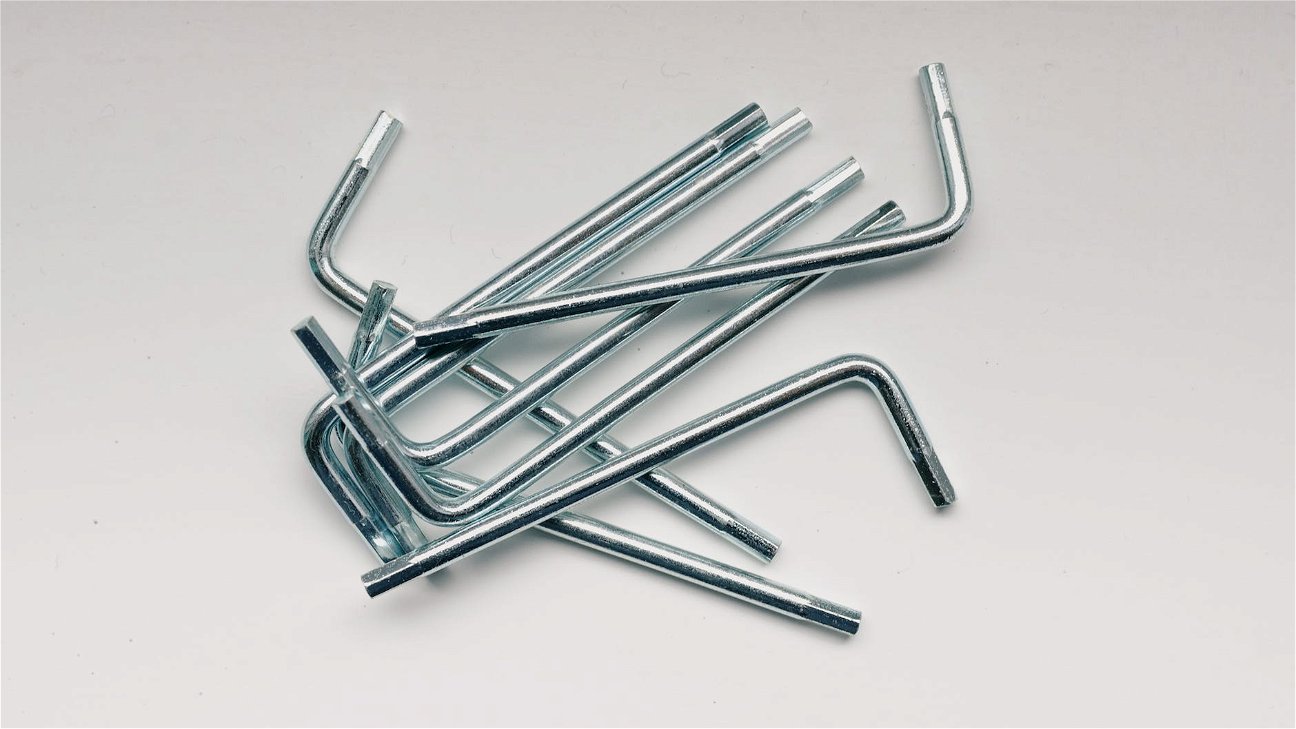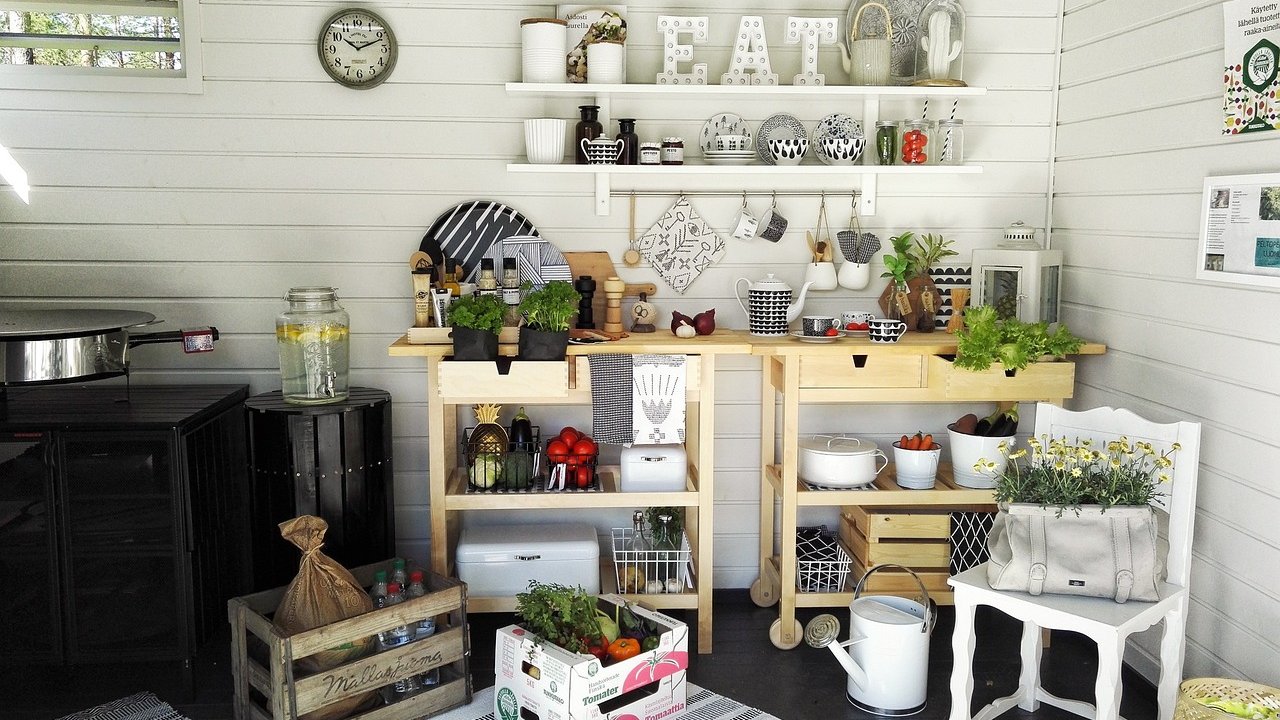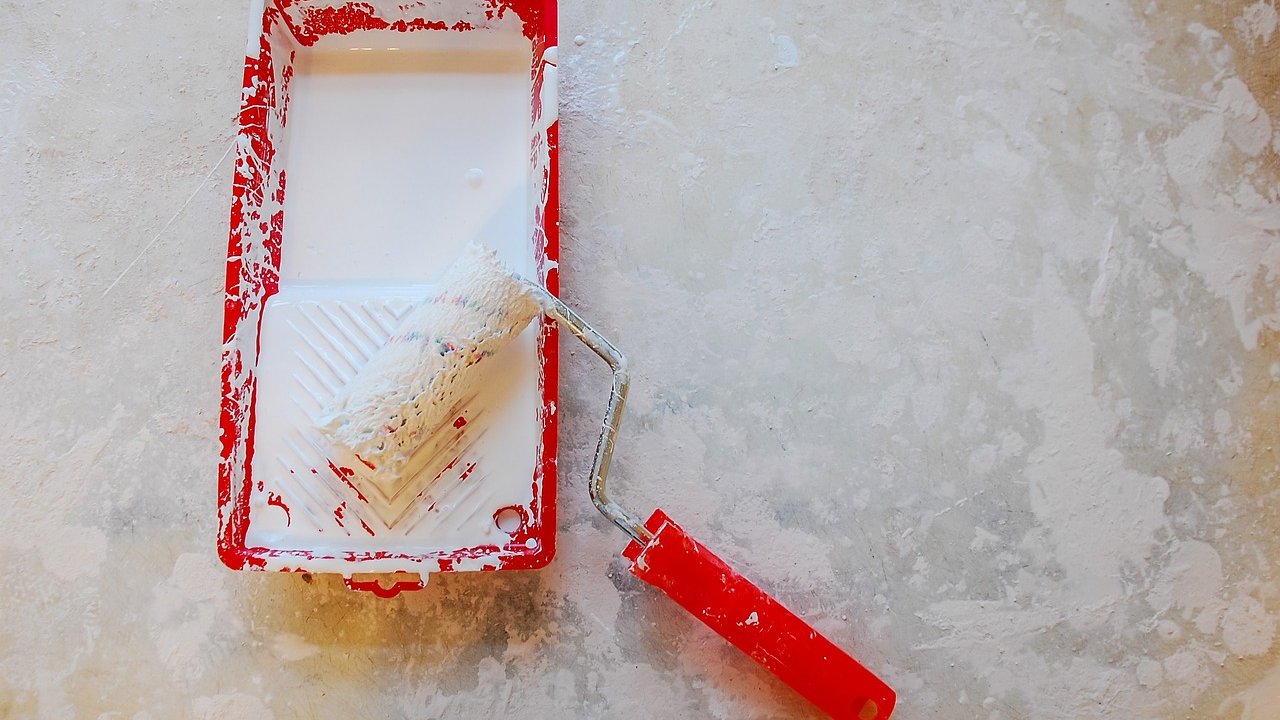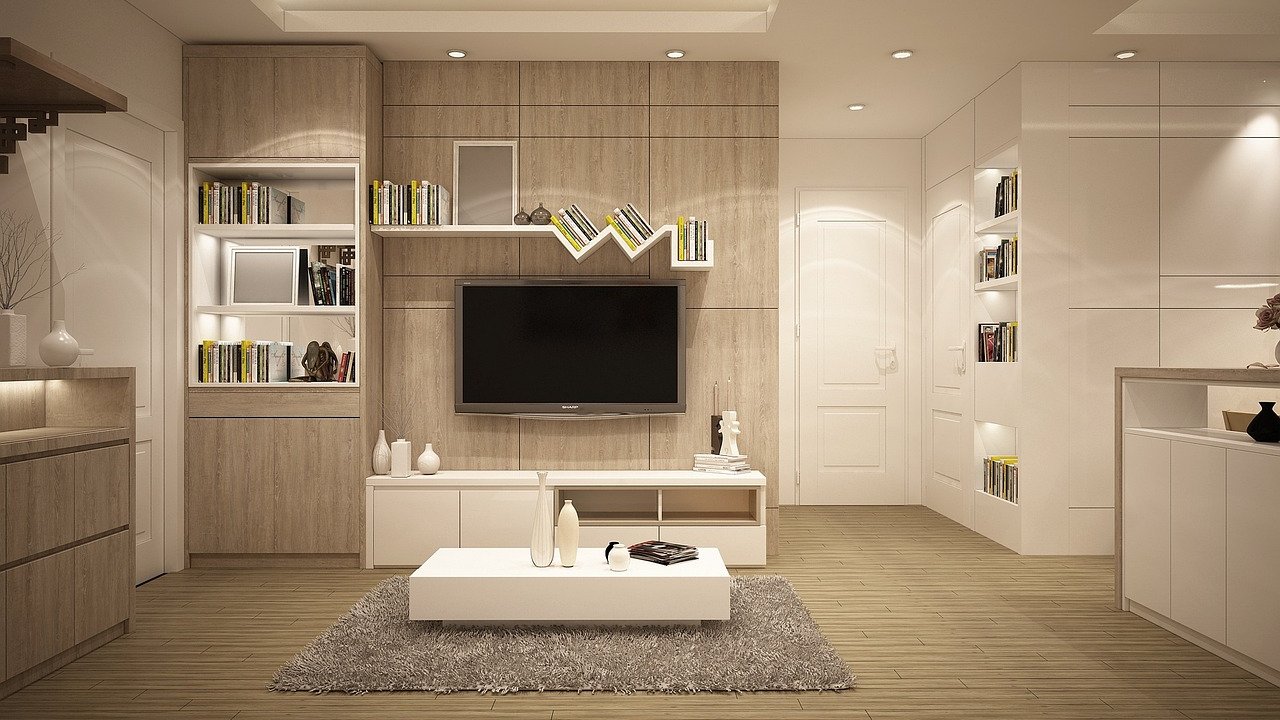
Whether you're a DIY enthusiast or a professional craftsman, a functional home workshop can be a game-changer. It gives you a dedicated space to focus on your projects, away from household distractions. If you're planning to create or upgrade your home workshop, you've come to the right place. This article will guide you through the best designs and tips to create a practical, efficient, and, of course, awesome home workshop.
Consider the size and layout
First and foremost, think about the size of your workshop. Are you converting a spare room, a corner of the garage, or an entire shed? The amount of space you have will significantly impact your workshop's design. Here are a few layout ideas to maximize your space usage:
- Zonal layout: Divide your space into different zones – like a cutting area, sanding area, and assembly area. This keeps everything organized and helps you work more efficiently.
- Central layout: Place your most-used tools and equipment in the center of the room for easy access.
- Linear layout: If you're dealing with a narrow space, a linear layout can be useful. Arrange your tools and workstations in a line along one wall.
There's no one-size-fits-all solution here, so feel free to mix and match these ideas to suit your needs!
Essentials tools and equipment
Whether you're into woodworking, metalworking, or general DIY, there are some tools that every home workshop should have. Here's a quick list:
- Workbench: A sturdy workbench is a must. It's where you'll do most of your work, so make sure it's comfortable and right for your height.
- Power Tools: Drill, circular saw, jigsaw, router, and a sander are some of the basic power tools you'll need.
- Hand Tools: Don't forget about hand tools like hammers, screwdrivers, wrenches, and chisels.
- Safety Gear: Safety should be your priority. Always have protective eyewear, ear protection, and a good-quality dust mask.
Consider the lighting
Good lighting is crucial in a workshop. You should aim to have a mix of natural and artificial light. Large windows or skylights can provide plenty of natural light during the day. For artificial lighting, LED lights are a good choice as they are bright and energy-efficient.
Storage and organization
A clean and organized workshop is a happy workshop! Consider wall-mounted storage, pegboards, shelves, drawers, and tool chests to keep your tools and materials tidy. Remember, the more efficiently you use your space, the more room you'll have for new tools and projects.
Safety first
Never overlook safety in your workshop. Keep a first aid kit handy, and make sure all your tools are in good working order. Also, take note of where the nearest fire extinguisher is located.
Mistakes to avoid
When designing your workshop, there are some common mistakes you might want to avoid:
- Overcrowding: Don't try to cram too much into your space. It's better to have a smaller number of tools that you use regularly than a crowded workshop full of tools you hardly use.
- Poor ventilation: Make sure your workshop is well-ventilated, especially if you'll be using paints, glues, and other chemicals.
- Neglecting comfort: Remember, you'll be spending a lot of time here. Invest in a good chair and ensure the room has proper heating and cooling.
Creating a functional home workshop can be an exciting project. With these tips, you'll be well on your way to designing a workspace that's not only efficient and practical but also a place where you love to spend time.











